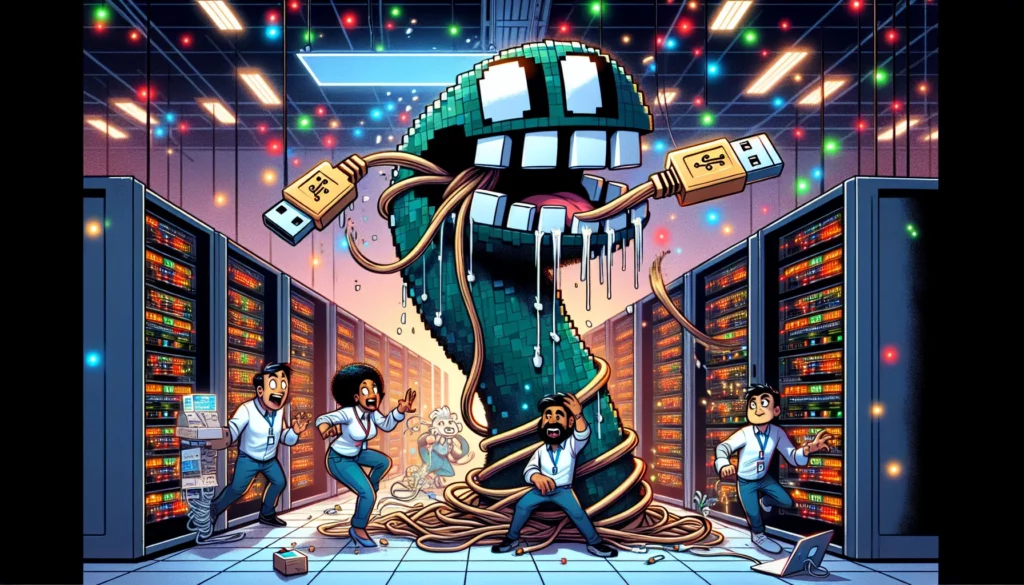Impending Threat to the United States Power Grid
For several years, the cybersecurity community, along with regulatory bodies and governmental organizations, has issued persistent alerts regarding the potential repercussions of a malicious cyberattack on the United States power grid. Growing evidence indicates that state-sponsored hacking groups are increasingly focusing their efforts on exploiting the inherent vulnerabilities within this critical infrastructure, heightening the risk levels significantly.
Recent incidents serve as compelling examples of this threat landscape. A group of hackers, suspected to be affiliated with state-sponsored operations, launched sophisticated attacks aimed at penetrating the security frameworks of various power facilities. These incursions underscore the urgent need for enhanced security measures and proactive defense strategies within the energy sector.
The decentralized nature of the power grid, while beneficial for various operational efficiencies, also poses unique challenges. The interconnectedness of systems creates multiple entry points for malicious actors. Cybersecurity experts emphasize the importance of a holistic approach to safeguarding infrastructure, integrating advanced threat detection technologies, and fostering collaboration across sectors to share intelligence and best practices.
Furthermore, ongoing analyses reveal not only the immediate risks but also the long-term implications of such breaches. A successful cyberattack could disrupt power supply, lead to significant economic consequences, and compromise national security. It is imperative that stakeholders prioritize cybersecurity resilience and elevate their preparedness against these evolving threats.
In summary, as the landscape of cyber threats continues to evolve, vigilance and proactive action remain crucial in defending the integrity and reliability of the US power grid. Enhanced cooperation among industry, government, and cybersecurity professionals will be vital in fortifying defenses against potential attacks, ensuring a more secure energy future.








